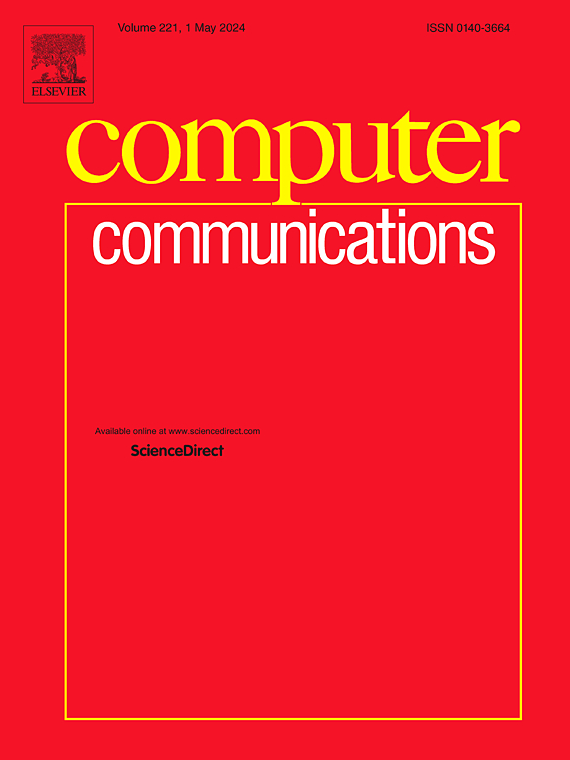物联网机器学习分散训练的区块链解决方案
IF 4.3
3区 计算机科学
Q1 COMPUTER SCIENCE, INFORMATION SYSTEMS
引用次数: 0
摘要
物联网(IoT)设备和应用程序的快速增长导致了对能够处理与数据隐私、安全性和可扩展性相关挑战的高级分析和机器学习技术的需求增加。联邦学习(FL)和区块链技术已经成为解决这些挑战的有前途的方法,它们支持在分布式数据源上进行分散、安全和保护隐私的模型训练。在本文中,我们提出了一种新的物联网解决方案,将增量学习向量量化算法(XuILVQ)与以太坊区块链技术相结合,以促进分布式环境中安全高效的数据共享,模型训练和原型存储。我们提出的架构通过减少计算和通信开销,同时保持数据隐私和安全性,解决了现有基于区块链的FL解决方案的缺点。我们通过一系列实验评估了系统的性能,展示了其在物联网环境中提高机器学习任务的准确性和效率的潜力。本文章由计算机程序翻译,如有差异,请以英文原文为准。
A blockchain solution for decentralized training in machine learning for IoT
The rapid growth of Internet of Things (IoT) devices and applications has led to an increased demand for advanced analytics and machine learning techniques capable of handling the challenges associated with data privacy, security, and scalability. Federated learning (FL) and blockchain technologies have emerged as promising approaches to address these challenges by enabling decentralized, secure, and privacy-preserving model training on distributed data sources. In this paper, we present a novel IoT solution that combines the incremental learning vector quantization algorithm (XuILVQ) with Ethereum blockchain technology to facilitate secure and efficient data sharing, model training, and prototype storage in a distributed environment. Our proposed architecture addresses the shortcomings of existing blockchain-based FL solutions by reducing computational and communication overheads while maintaining data privacy and security. We assess the performance of our system through a series of experiments, showing its potential to enhance the accuracy and efficiency of machine learning tasks in IoT settings.
求助全文
通过发布文献求助,成功后即可免费获取论文全文。
去求助
来源期刊

Computer Communications
工程技术-电信学
CiteScore
14.10
自引率
5.00%
发文量
397
审稿时长
66 days
期刊介绍:
Computer and Communications networks are key infrastructures of the information society with high socio-economic value as they contribute to the correct operations of many critical services (from healthcare to finance and transportation). Internet is the core of today''s computer-communication infrastructures. This has transformed the Internet, from a robust network for data transfer between computers, to a global, content-rich, communication and information system where contents are increasingly generated by the users, and distributed according to human social relations. Next-generation network technologies, architectures and protocols are therefore required to overcome the limitations of the legacy Internet and add new capabilities and services. The future Internet should be ubiquitous, secure, resilient, and closer to human communication paradigms.
Computer Communications is a peer-reviewed international journal that publishes high-quality scientific articles (both theory and practice) and survey papers covering all aspects of future computer communication networks (on all layers, except the physical layer), with a special attention to the evolution of the Internet architecture, protocols, services, and applications.
 求助内容:
求助内容: 应助结果提醒方式:
应助结果提醒方式:


